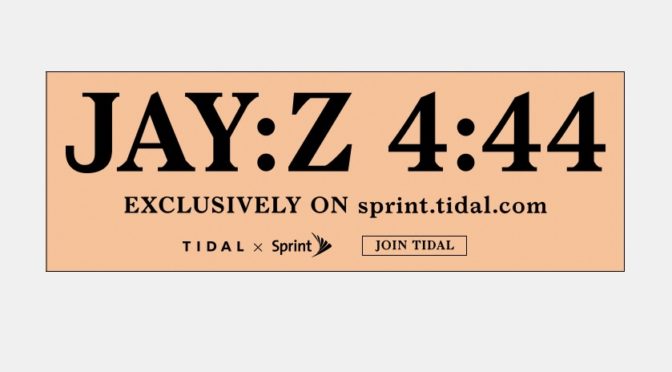CONFIRMED: Tidal Music Streaming Counted On Billboard Charts
Anyone that has been following the music industry knows that the 2010s have been an exciting, yet turbulent time. The digital age has led to a mass democratization of nearly every possible information source, but few areas have been rocked by that impact like music. Once a dependable source of revenue, physical sales of albums … Continue Reading ››
